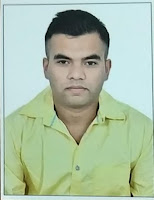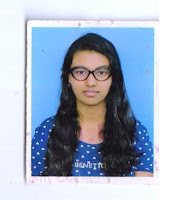Motor Accident Claim Cases: Analysis in the light of a landmark judgment

The authors of this blog are Komal and Rajeev Ranjan Central University Of South Bihar Ba Llb (Hons.) (4 th Semester). “Justice Delayed is Justice Denied” – William Ewart Gladstone The above-quoted maxim emphasizes the meaning of delayed justice. It takes years in the settlement of cases in our judicial system. In this article, we present a recent example when the Apex Court of our country gave a landmark judgment and tried to resolve the issue of delayed practice in deciding the motor accident claims cases. We also most humbly put forward some more reforms needed and some lacunas in the judgment. The case dealt with is ...



